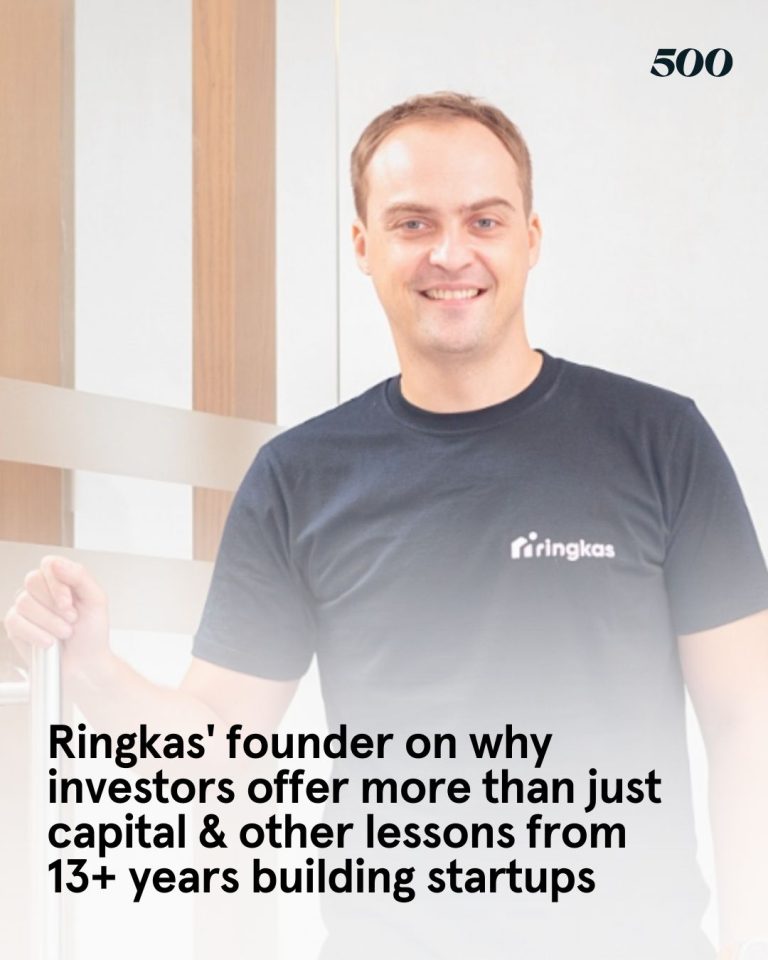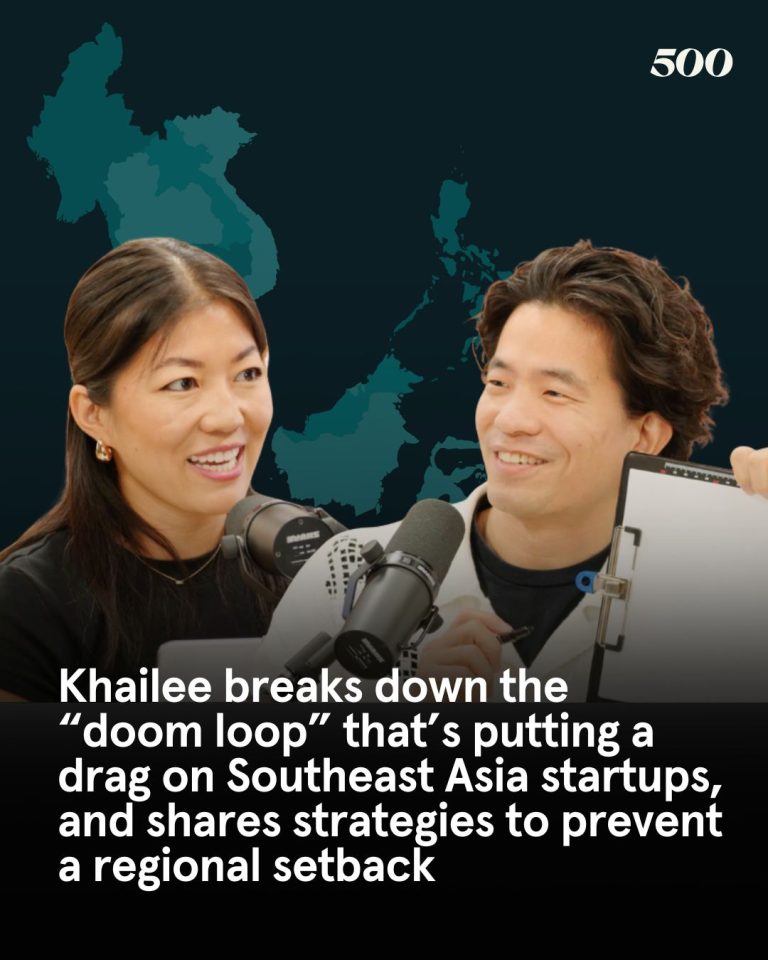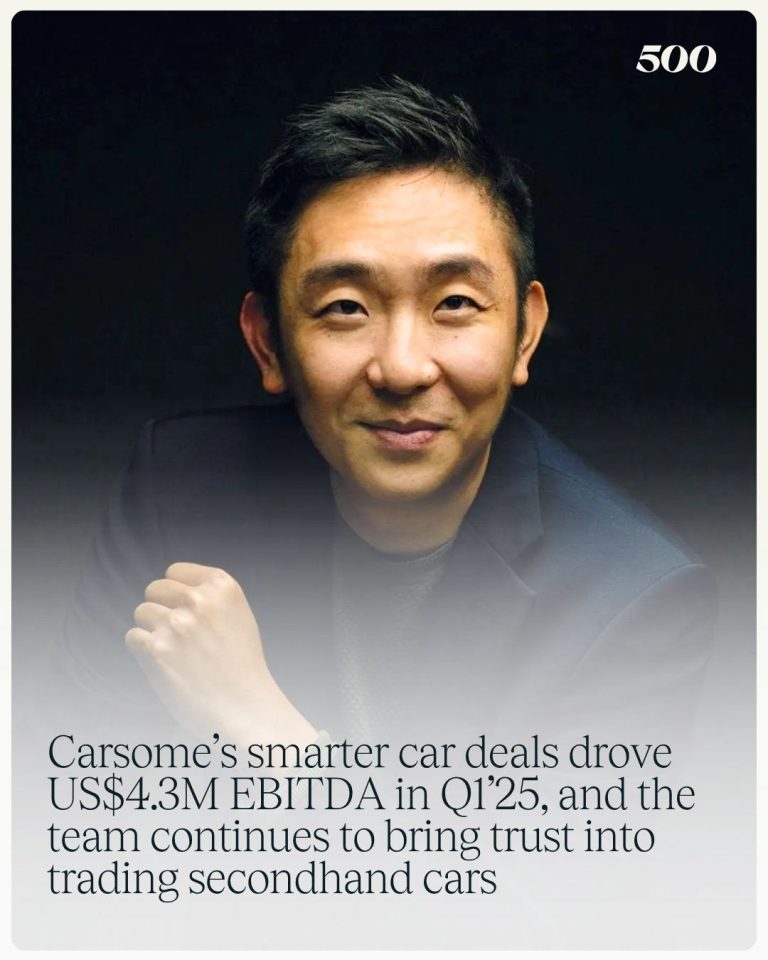All in for financial education
- Indonesia is Southeast Asia’s largest economy, but there’s unfortunately still a lack of trust in banks and other financial institutions. That’s why more than 50% of adults in the country are underbanked, or lack access to financial services.
- 500-backed fintech company Mapan is working to change that — the team has digitized the country’s traditional concept of “arisan”, informal social communities mainly organized by women similar to savings and loan associations. Mapan counts around 3 million households as members, but according to CEO Ardelia Apti, this is just the beginning.
- The company aims to triple this number by 2026 by reaching beyond already established networks, which have been built on referrals. “[Referrals are] actually a very strong acquisition channel because it also puts us in a mentorship position, in which newly acquired users are typically of higher quality,” Ardelia explained.
- Mapan users are “typically housewives that have to stay at home and take care of their kids,” she added. “We feel there is a need to increase the income of the family itself, but also want to empower communities to have access [to financing and education].”
- Arisan leaders can earn commissions from product sales and through incentives for recruiting and training new agents. Mapan also offers opportunities for small entrepreneurs looking to become resellers through Mapan Mart.
- While Mapan helps their members save money for later purchases, the team is careful to place an emphasis on financial education. Through the community leaders, the company ensures the focus is always on essentials to elevate quality of life.
- “We don’t want them to be over-consumptive [of] things they don’t actually need,” Ardelia said. “[Arisan leaders] become kind of like our extension because they know which friends can actually afford the goods.”
- Read the full interview on Nikkei Asia.




